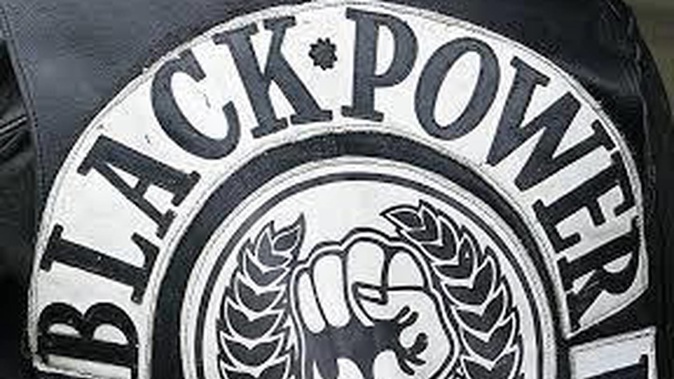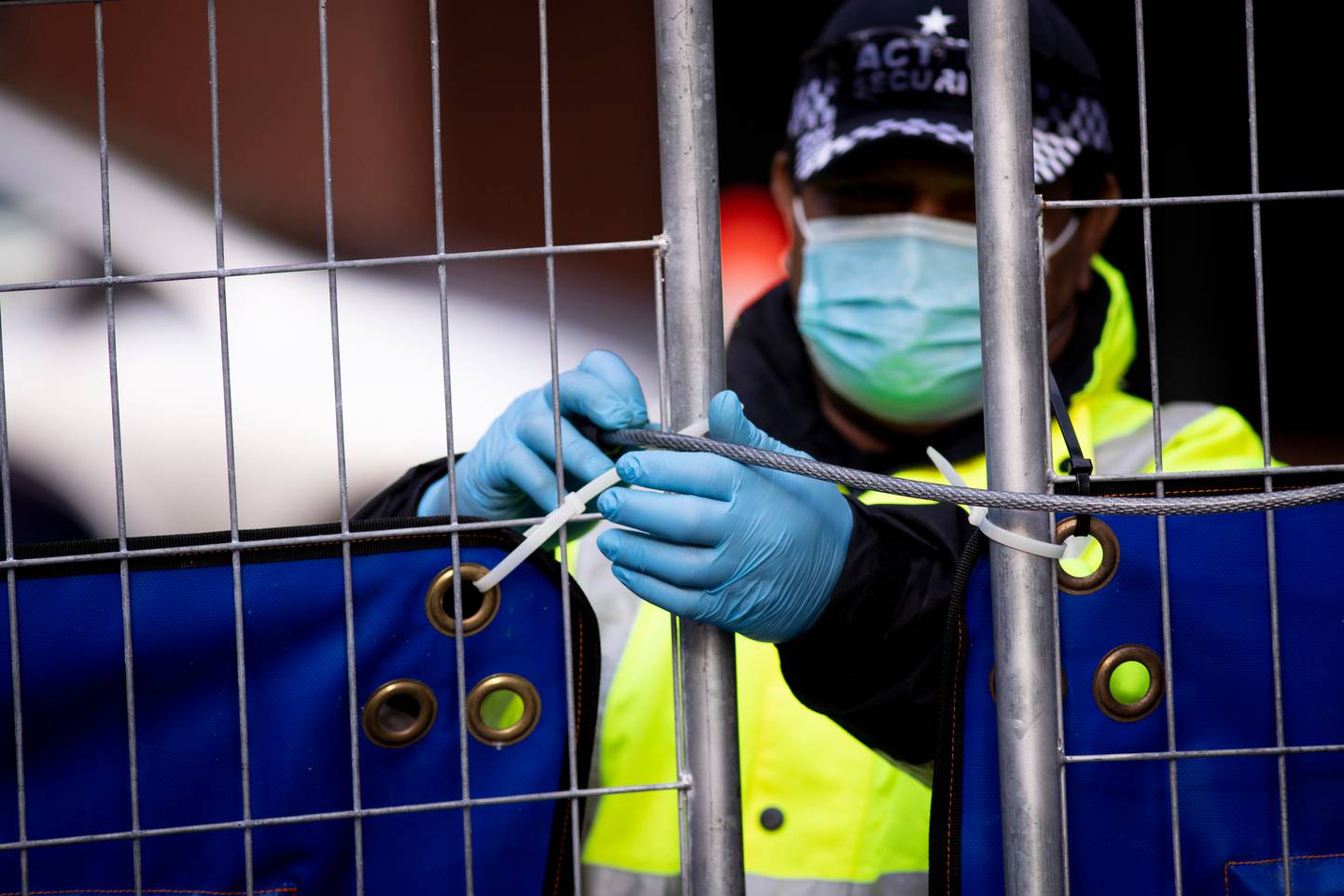
Two patched Black Power members have been given the green light to do security work in a rare round of decisions by the industry's licensing authority.
Patched membership of a gang would in most cases disqualify someone from security work, but the Private Security Personnel Licensing Authority found no actual conflict for these two men – one described as making "impressive" changes, and the other "an excellent security guard".
The authority released two recent decisions detailing their cases.
In one, fully patched Black Power member Meketu Mahauariki applied to become a security worker to Police objections, citing his gang membership and history of repeated drink-driving and breaching community work convictions dating back to 2016.
At an online hearing, Mahauariki said he had "ended his destructive relationship with alcohol" and meth, saying he did not relapse when a close family member died recently.
He had a full-time job offer and had a self-care plan that together with his gang chapter and whānau, made up a good support system.
The man said he was brought up in the gang but only became a patched member three years ago when he saw his chapter making positive changes.
His chapter recently signed a new constitution against violence, crime, drugs and general wearing of patches. Members who breached the rules were stood down, and were permanently kicked out after three strikes.

A security guard at work during New Zealand's Covid-19 outbreak. Photo / Dean Purcell
Police confirmed the chapter's positive moves and said they had no record of Mahauariki's involvement in unlawful gang activity, but the criminal gang still had a strong presence in the area and it was too soon to tell if the recent changes were sustainable.
The authority ruled Mahauariki suitable to be a security worker, on several conditions, including that he remain on the straight and narrow with law enforcement and employers. It noted the "impressive", "concerted and meaningful steps" Mahauariki was taking to better his life when he came from a "position of disadvantage".
In the second case, Auckland security worker David-James Harris was fired after he became a patched member and sergeant of arms at the Black Power Papakura chapter.
His gang membership did not interfere with his work but there was a potential conflict of interest, his employer Allied Security said in its complaint to the authority.
Police echoed the potential conflict between gang membership and security work, but said Harris had a history of engaging positively with police and managed conflicts well. They had no information to show he wasn't suitable for security work.
Harris said his Black Power chapter was a "whānau-based club with strong rules", and he joined at senior members' request to help members get away from criminal behaviour and into gainful employment.
Police agreed the chapter was trying to move away from antisocial behaviour but there were still members and former members who are problematic, and things could change.
Staff at WINZ, where Harris worked until he was fired, spoke highly of his professionalism and character, calling him an "excellent security guard".
The authority dismissed Allied's complaint against the gang member, but will reassess his suitability when his security licence comes up for renewal. It noted Harris' record was exemplary and he was well regarded within the security industry and his work sites.
In both decisions, the authority said a security guard becoming a patched gang member would make them unsuitable for security work in most cases, but found no actual conflict for Harris and Mahauariki.
"Nor is there evidence that [their] gang membership has, or is likely to impact on [their] security work," it said.
- by Qiuyi Tan, Open Justice
Take your Radio, Podcasts and Music with you









